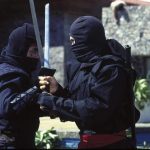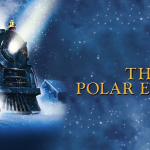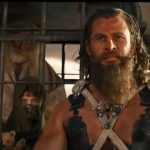Spaceballs (1987)
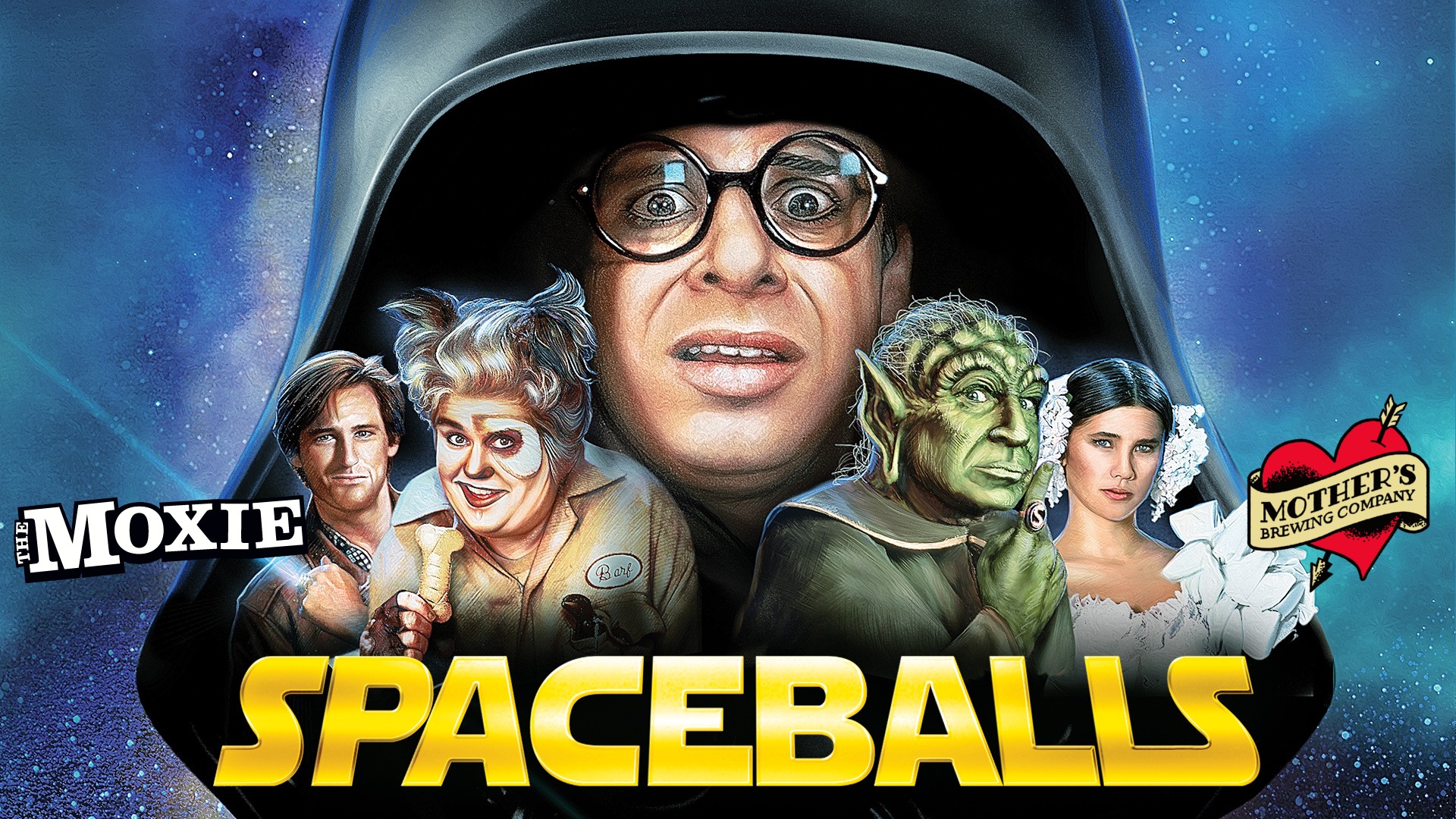
“Spaceballs,” released in 1987, is a beloved American space opera comedy that showcases the unique genius of Mel Brooks. Co-written, produced, and directed by Brooks, this film parodies the iconic sci-fi genre, particularly drawing inspiration from the “Star Wars” franchise, while also paying homage to various elements of pop culture. Its blend of clever humor, slapstick comedy, and memorable characters has solidified its status as a cult classic.
The plot revolves around the battle between the evil Dark Helmet, played by Rick Moranis, and the heroic Lone Starr, portrayed by Bill Pullman. Dark Helmet is the menacing antagonist, a parody of Darth Vader, who seeks to steal the air from the peaceful planet of Druidia. His plans are thwarted by Lone Starr, a rogue pilot with a heart of gold, and his sidekick, Barf, a half-man, half-dog creature played by John Candy. The film’s central conflict revolves around Lone Starr’s quest to rescue Princess Vespa, played by Daphne Zuniga, who has been kidnapped by Dark Helmet.
One of the film’s standout features is its sharp wit and satirical humor. Brooks employs a variety of comedic techniques, including sight gags, wordplay, and absurd situations. For instance, the film cleverly plays with the conventions of space opera, from the exaggerated character tropes to the elaborate space battles. The scene where Lone Starr and his crew use “the Schwartz”—a mystical power akin to the Force—is particularly memorable, showcasing Brooks’ knack for poking fun at established tropes.
The film is packed with memorable quotes and scenes that have become iconic in their own right. For example, the humorous exchanges between characters often lead to laugh-out-loud moments. The absurdity reaches its peak when characters are seen watching the film they are in, providing a meta-commentary that adds layers to the comedy. This self-referential style has influenced many comedies that followed, demonstrating Brooks’ pioneering approach to humor.
In addition to its comedic elements, “Spaceballs” features a colorful array of characters that add depth to the narrative. Dark Helmet, with his oversized helmet and comedic ineptitude, serves as a perfect foil to Lone Starr’s rugged charm. The dynamic between the characters, particularly the interactions between Lone Starr and Princess Vespa, captures the essence of classic romantic comedies, albeit with a humorous twist. Their relationship develops amidst the chaos, leading to both comical misunderstandings and genuine moments of connection.
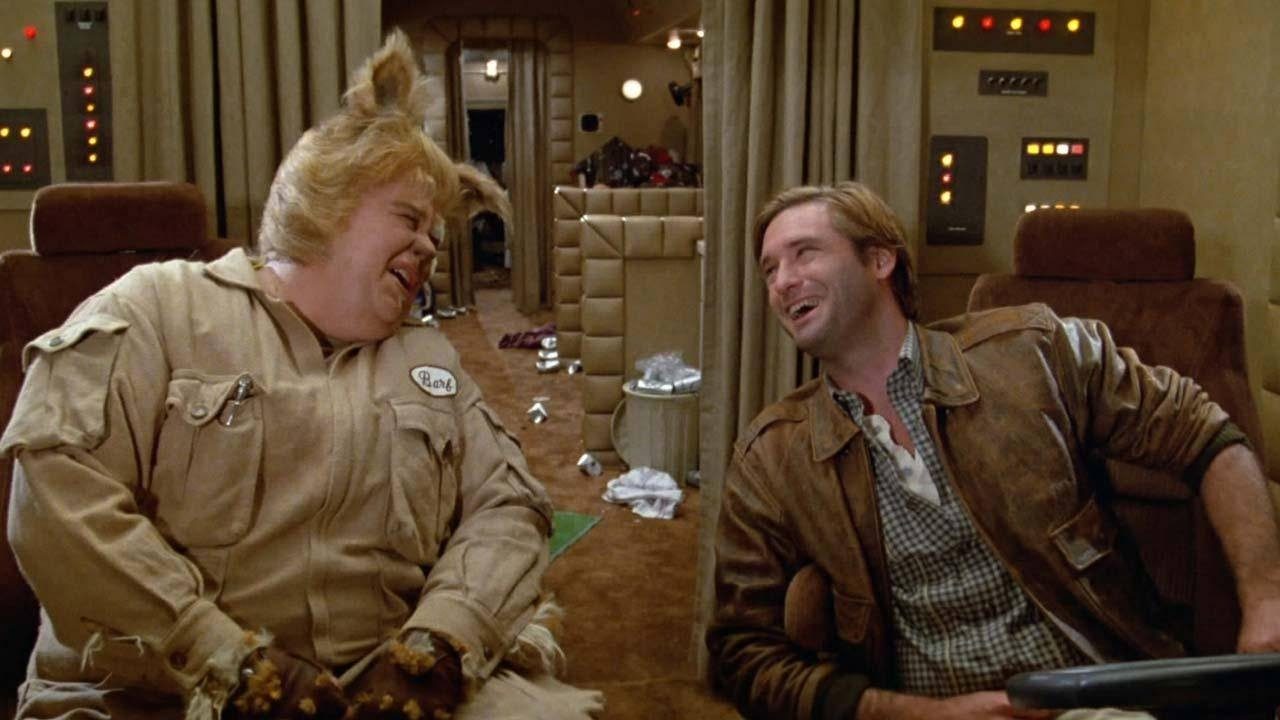
The film’s production design and special effects, while not on par with major sci-fi films of the time, contribute to its charm. The intentionally cheesy visual effects and sets serve to enhance the comedic tone, inviting the audience to embrace the absurdity of the story. The contrast between the serious space opera aesthetic and the goofy humor creates a delightful experience for viewers.
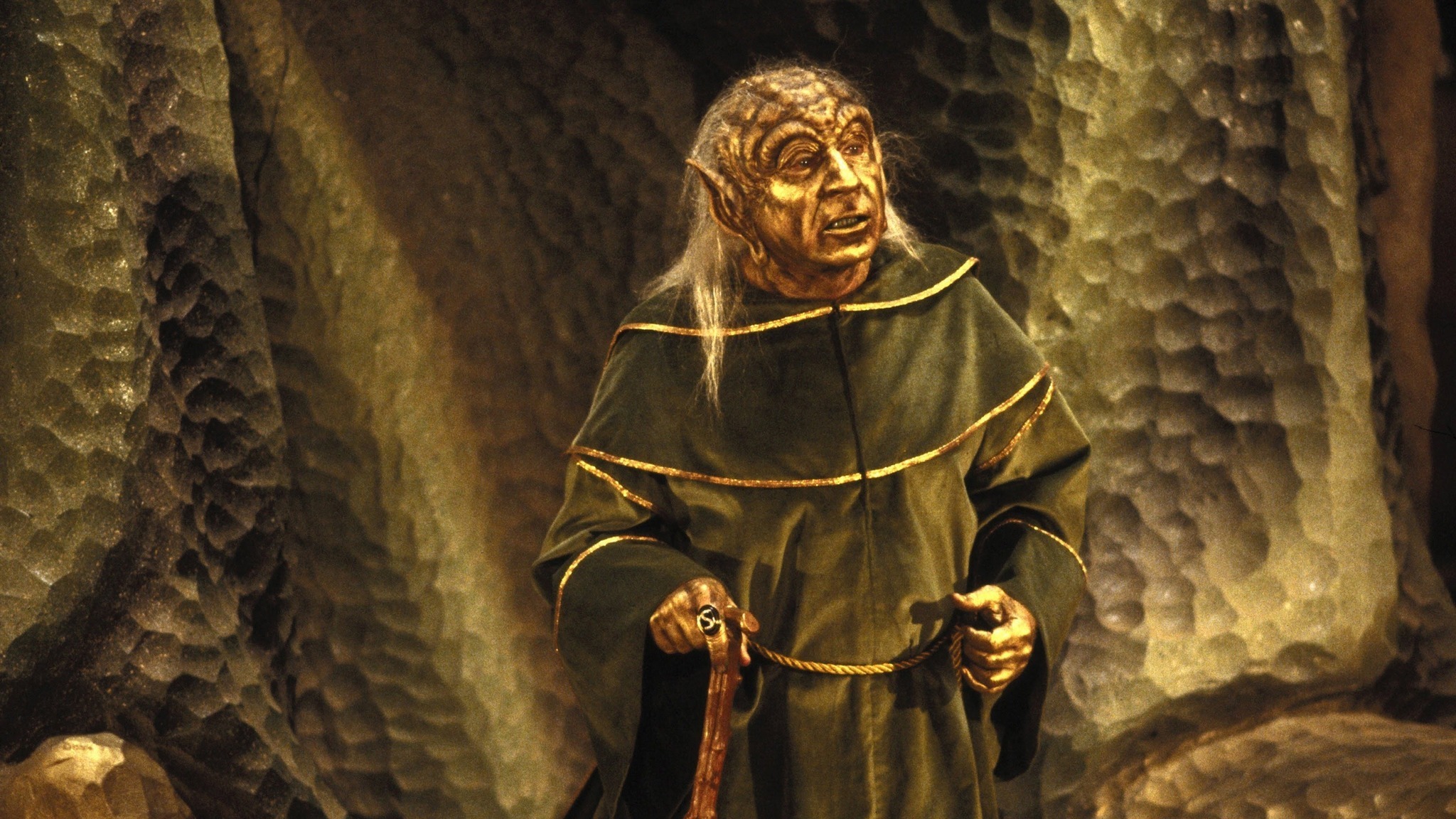
“Spaceballs” also explores themes of friendship, loyalty, and the battle between good and evil, albeit in a humorous and exaggerated manner. The film’s message that true heroism comes from friendship and collaboration is conveyed through the camaraderie of Lone Starr, Barf, and their allies as they take on Dark Helmet and his forces.
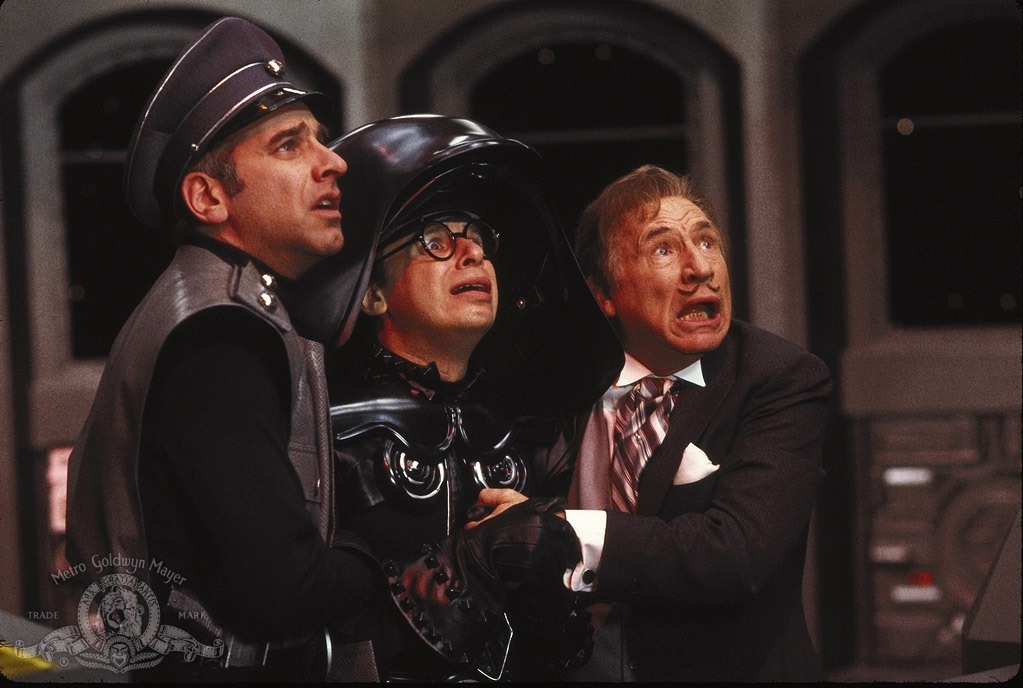
In conclusion, “Spaceballs” stands out as a masterful parody that not only entertains but also offers a witty critique of the space opera genre. Mel Brooks’ distinct comedic style shines throughout the film, making it a timeless classic that resonates with audiences of all ages. Its blend of humor, memorable characters, and clever satire ensures that “Spaceballs” remains a beloved piece of cinematic history, inviting viewers to laugh and reflect on the tropes and conventions of the genres it so lovingly mocks. Whether you’re a fan of sci-fi or just in need of a good laugh, “Spaceballs” is sure to deliver a delightful cinematic experience.


